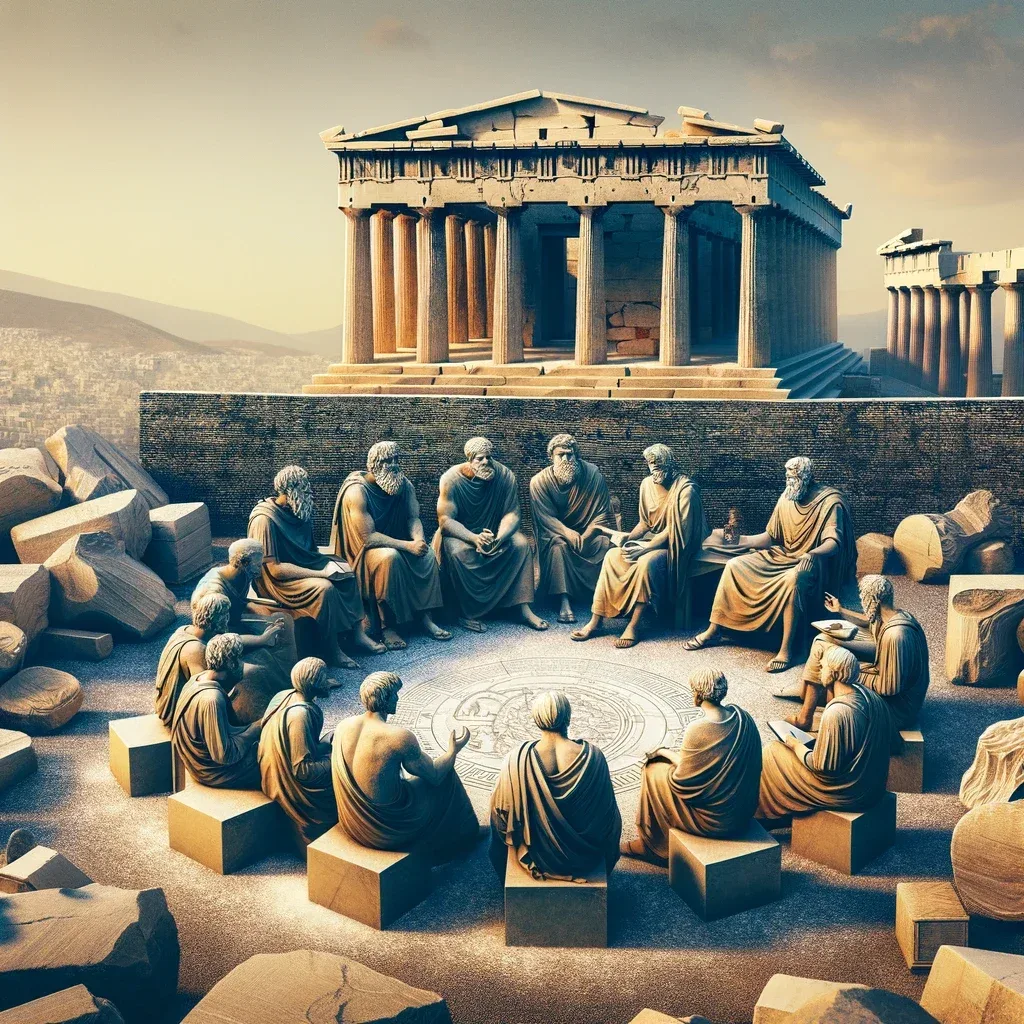The Acropolis of Athens, one of Ancient Greece's most iconic and historic landmarks, continues to capture the imagination of people around the world. This article explores the multifaceted function of the Acropolis, from a religious and political center to a symbol of Greek art and architecture. Throughout this text, we will address the various dimensions of the Acropolis, offering a detailed look at its historical and cultural importance.
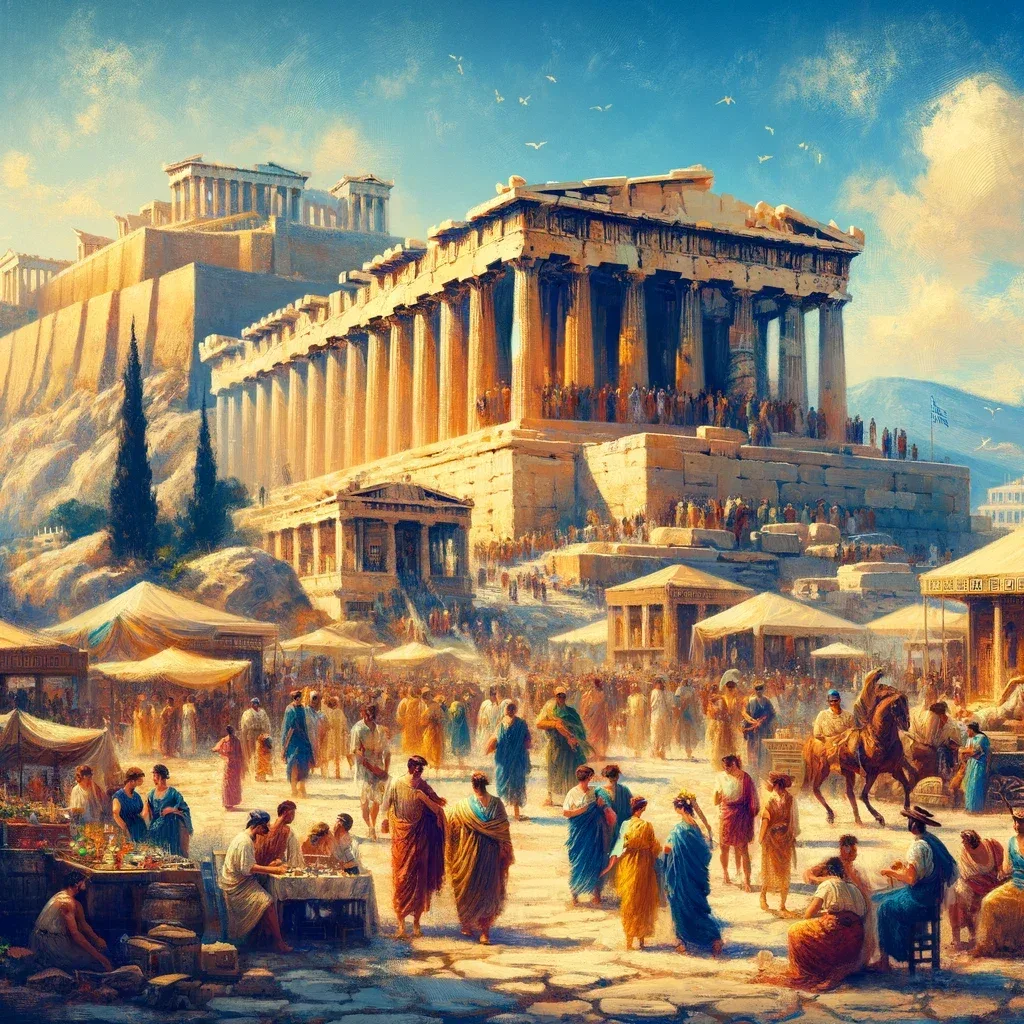
The Acropolis as a Religious Center
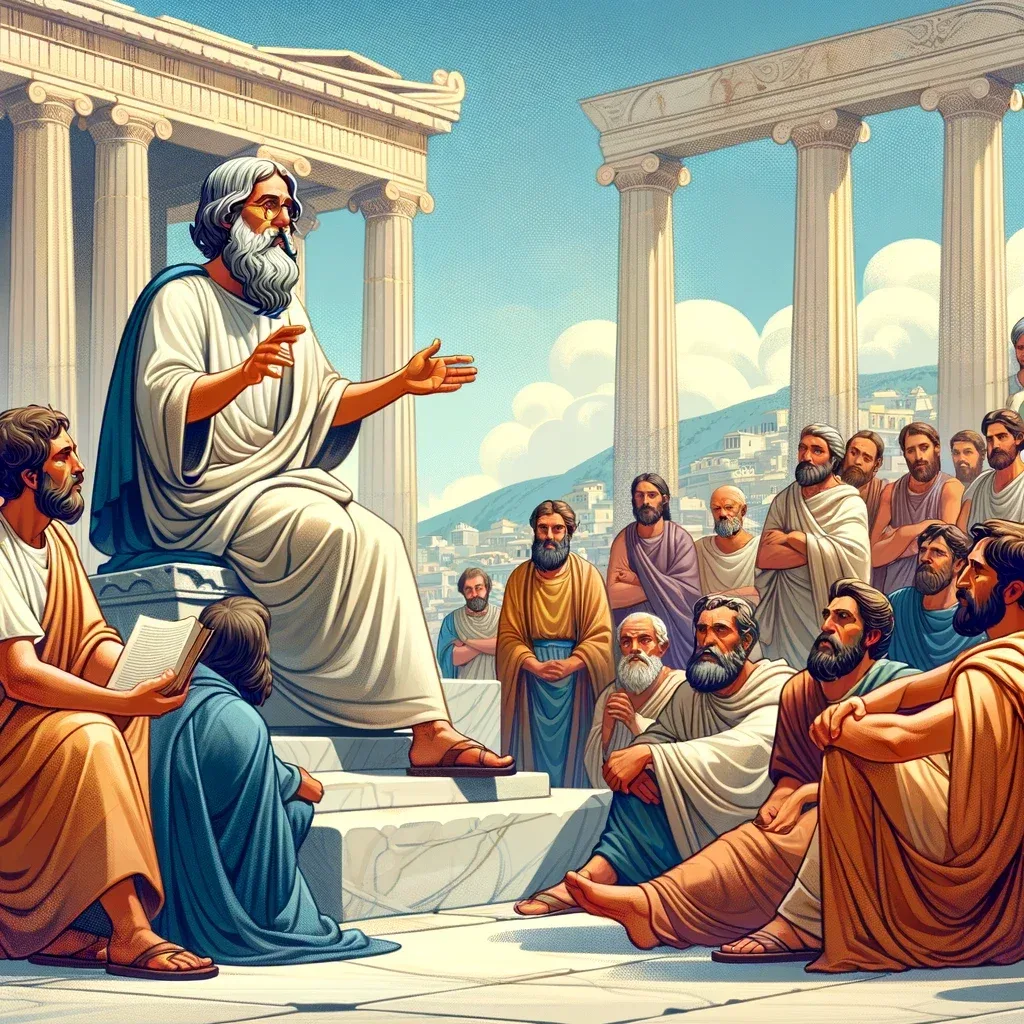
History and Origins
The Acropolis, situated in the heart of Athens, began as a sacred complex dedicated to various Greek deities. The origin of the name “Acropolis” comes from the Greek akros (higher) and polis (city), indicating its elevated location.
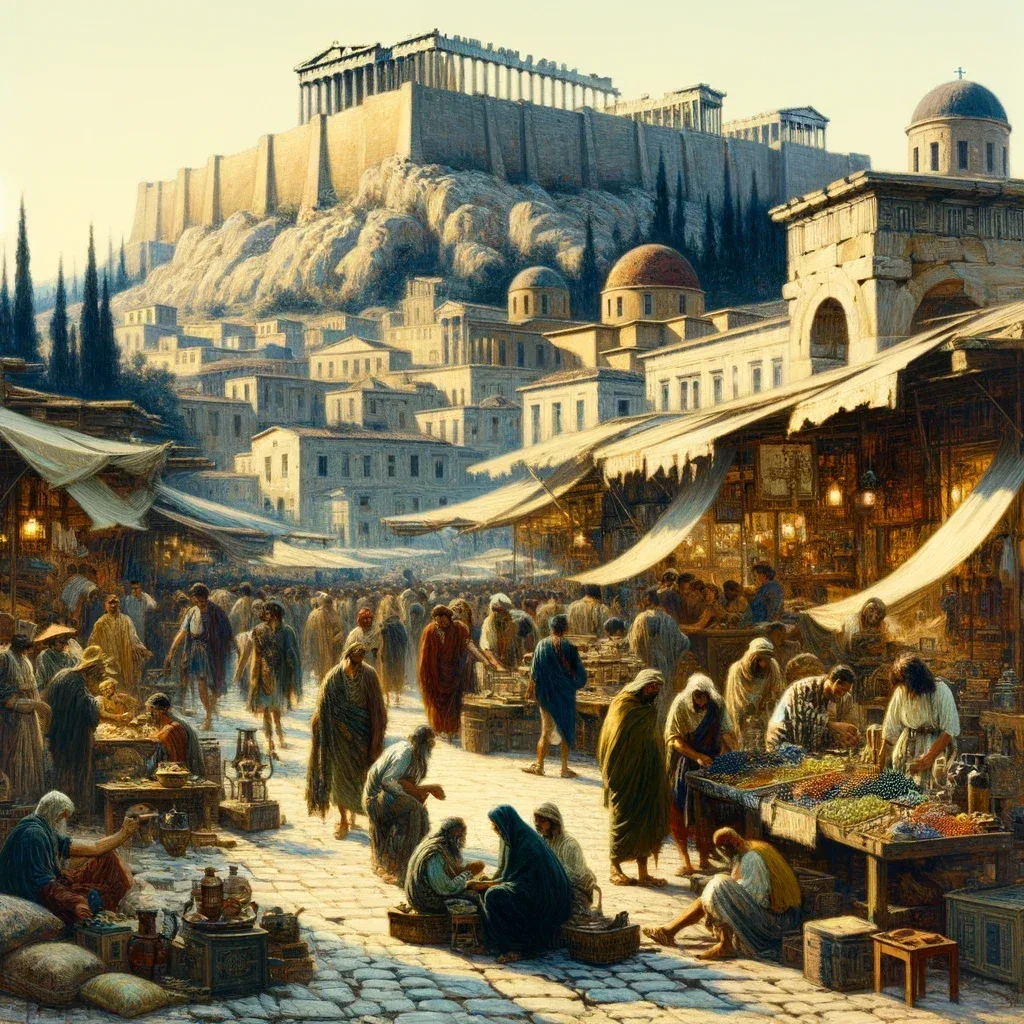
Main Temples and Structures
The site is home to several important temples and structures, such as the Parthenon, dedicated to the goddess Athena, patron saint of the city. Other significant monuments include the Erechtheion, the Temple of Athena Nike and the Propylaea, the grand entrance to the Acropolis.
Festivals and Rituals
The Acropolis was also the center of several religious festivities, the most famous being the Panathenaic. These events were moments of religious celebration, where citizens paid homage to their deities.
Acropolis as a Symbol of Power and Politics
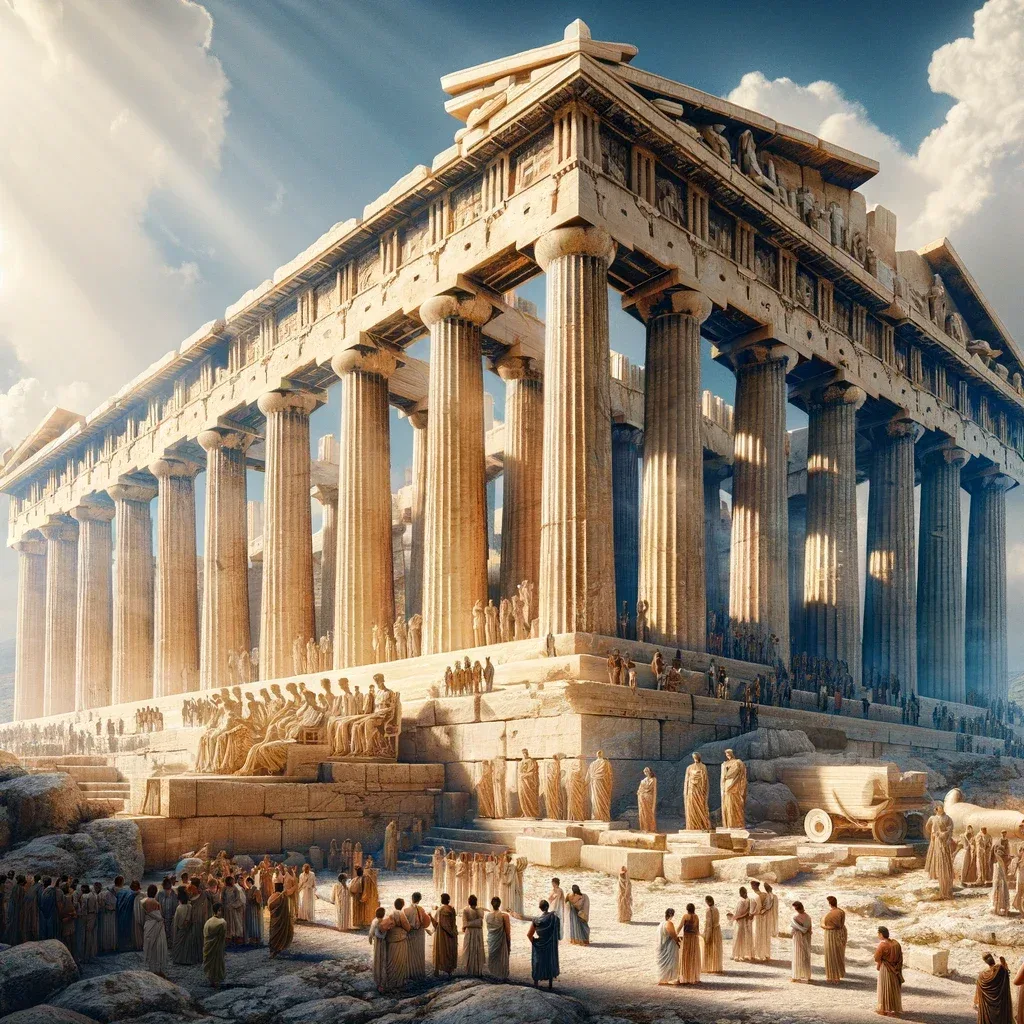
Seat of Political Power
In antiquity, the Acropolis also served as a center of political power. It was a place of important meetings and political decisions, especially during the classical period of Athens.
The Acropolis in Times of War
The Acropolis also played a crucial role in several wars. Its fortifications and strategic location made it a vital defense point for the city.
Political Evolution
The development of the Acropolis reflects the political evolution of Athens, from a monarchy to democracy.
The Acropolis as a Cultural and Artistic Center
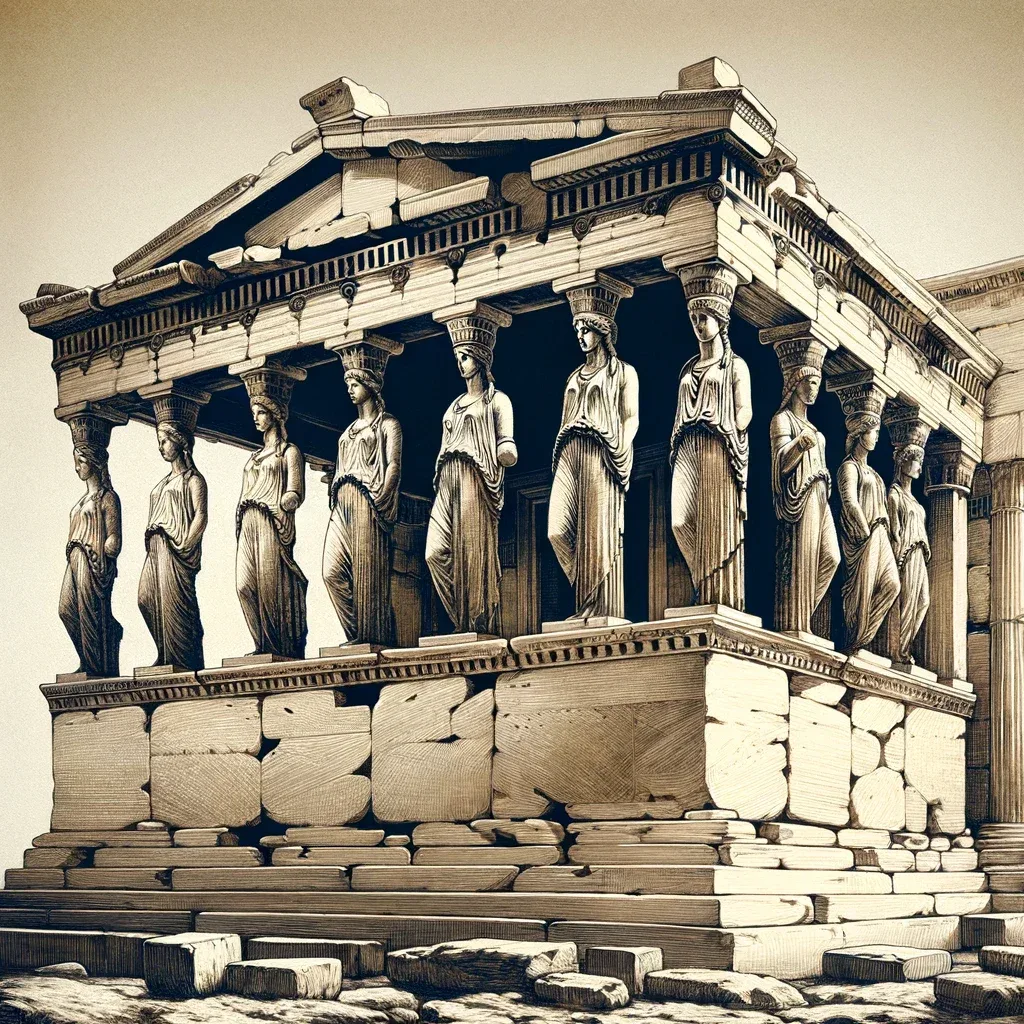
A Legacy of Art and Architecture
The monuments of the Acropolis are prime examples of Greek art and architecture. The style and decoration of temples has had a profound influence on various cultures.
Education and Philosophy
The Acropolis was not only a place of worship, but also a center of education and philosophy. Thinkers like Socrates frequented the place, contributing to Athens' rich intellectual environment.
Tourism and Conservation
Today, the Acropolis is one of the world's top tourist destinations, attracting millions of visitors annually. Ongoing conservation efforts aim to preserve this historic site for future generations.
Conclusion
The Acropolis of Athens is not only a testament to the greatness of Ancient Greece, but an enduring symbol of its religious, political and cultural legacy. Its rich and complex story continues to inspire and educate people around the world, highlighting its unwavering relevance in human history.
Frequently Asked Questions about the Acropolis
Below are the top 10 questions about the Acropolis of Athens and their respective answers, providing detailed information to broaden your understanding of this important historical and cultural landmark.
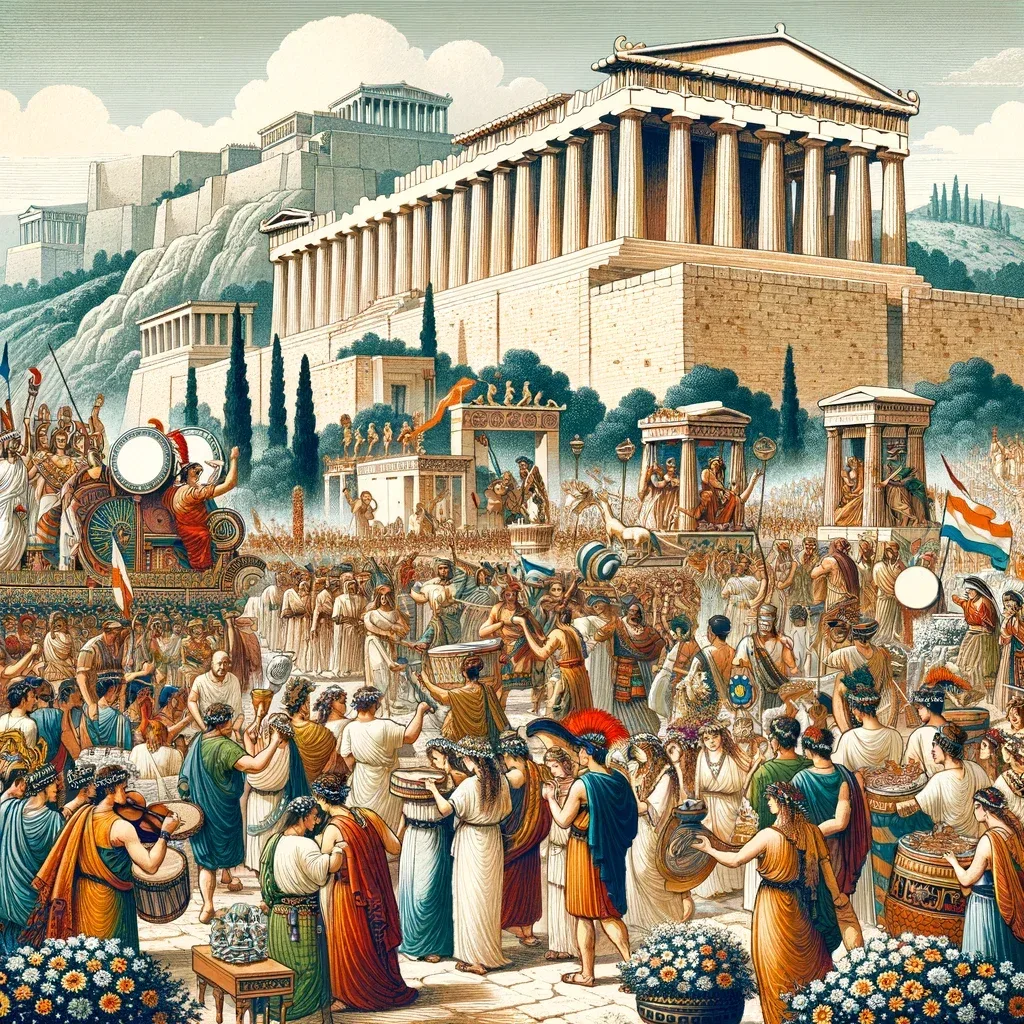
1. What does the name 'Acropolis' mean?
2. What are the main monuments on the Acropolis?
3. What was the religious function of the Acropolis?
4. How did the Acropolis play a role in the politics of Athens?
5. What is the artistic and architectural significance of the Acropolis?
6. Did the Acropolis play a role in ancient wars?
7. Is the Acropolis an important site for tourism today?
8. What conservation efforts are applied to the Acropolis?
9. Did the Acropolis have any impact on education and philosophy?
10. How important were festivals on the Acropolis?
